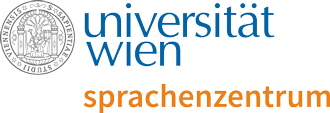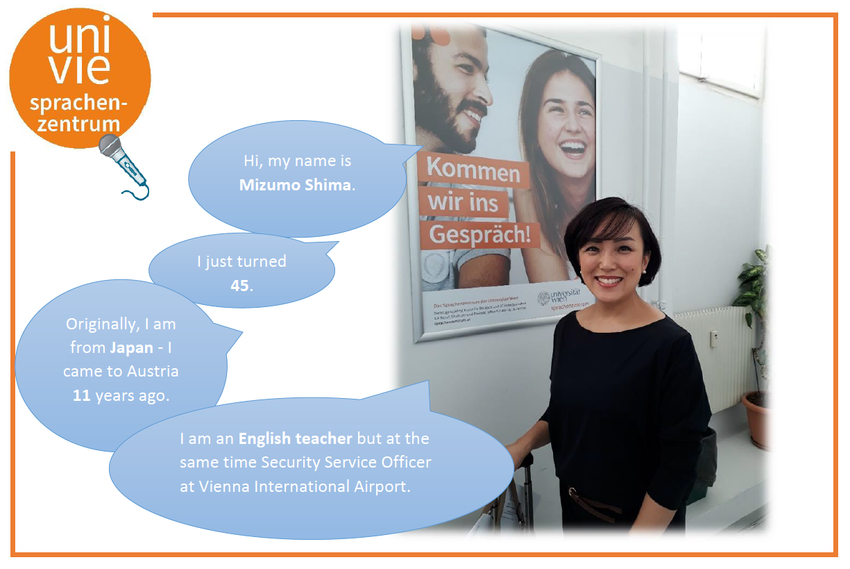How and why did you become a teacher?
It had, in fact, been a childhood dream to become a teacher but I never thought about it again for a very long time, I was so busy with life.
In the end, it was one of my former German class colleagues who inspired me to become a teacher! (We attended a German course here with Gerlinde Farkas, great teacher by the way!)
I came to Austria to accompany my children playing the violin who got accepted into the music university in Vienna. My academic title of Bachelor of Arts in Foreign Affairs / Nuclear Deterrence was not acknowledged here since the subject unfortunately does not exist at regular Austrian universities. As a single mother with two children it was quite difficult to live without a work permit anyways that when I got one, I immediately started working part time at the airport. It was then when I decided to do the CELTA diploma in 2015 to become a Cambridge certified English teacher and I was also able and honoured to start working at the Sprachenzentrum right after that. I enjoy both of my professions very much, which is why I am not planning to quit either one.
How did you learn English?
First of all, I used to live in the USA for a while about 40 years ago - if that counts at all.
In Japan, my high school and also the university in Japan were bilingual and living abroad in general, also after coming to Austria, helped a lot.
What’s most fun about teaching?
Teaching is a reciprocating process: you also learn a great deal as a teacher, whether it be about various cultures from everywhere or just about other people as human beings. In my classes, a great variety of ethnicities is represented.
Some time ago, an Omani student told me that he owns 6 camels for camel racing, a popular sport in his home country. That, for example, is very different from a world in which I live with a little dog.
If you compare Japanese, English and German, how do they differ from each other?
Each language holds its own culture. If you learn a new language, you discover a new horizon and something new about yourself, too.
For example, if you meet someone and you say: “Oh, I like your t-shirt!” - how would others react?
In English or German, people would probably say “Thank you, it’s my favourite.”
In Japan, on the other hand, they will respond in a distinctive way, “Oh, no, don’t even talk about it.”
What’s your favorite holiday destination? – next dream destination
Oh, if only I could see the entire world!
Travelling and living are different things, though. I would love to live in the same place for a few months and then move on.
I would want to visit the homes of my students. Now that I think about it - a student has once given me tons of guidebooks for Columbia. He is a police officer there and told me not to worry because they have successfully made Bogota a very safe place. Middle and South America are parts of the earth I haven’t really been to yet so my next destinations are probably somewhere there!
Thank you!
Das Interview führte Verena Ngantchun im November 2018 für das Sprachenzentrum.
Wir freuen uns sehr, dass Mizumo im Dezember 2020 im Frauenstimmen Podcast interviewt wurde und auch auf unseren Artikel verwiesen wurde.
Im Podcast können Sie Mizumos berührende Geschichte auch auf Deutsch nachhören:
Sie möchten gerne Englisch lernen? Nichts leichter als das!
Wir haben ein breites Angebot für Englischkurse:
- Semesterkurse (1x wöchentlich)
- Semi-Intensivkurse (2x wöchentlich)
- Februar-Intensivkurse (4x wöchentlich)
- Intensivkurse im Sommer
- English for Specific Purposes
- Prüfungsvorbereitung für IELTS, Cambridge und Co
- Erasmus-Vorbereitungskurse
- und natürlich Einzelunterricht



